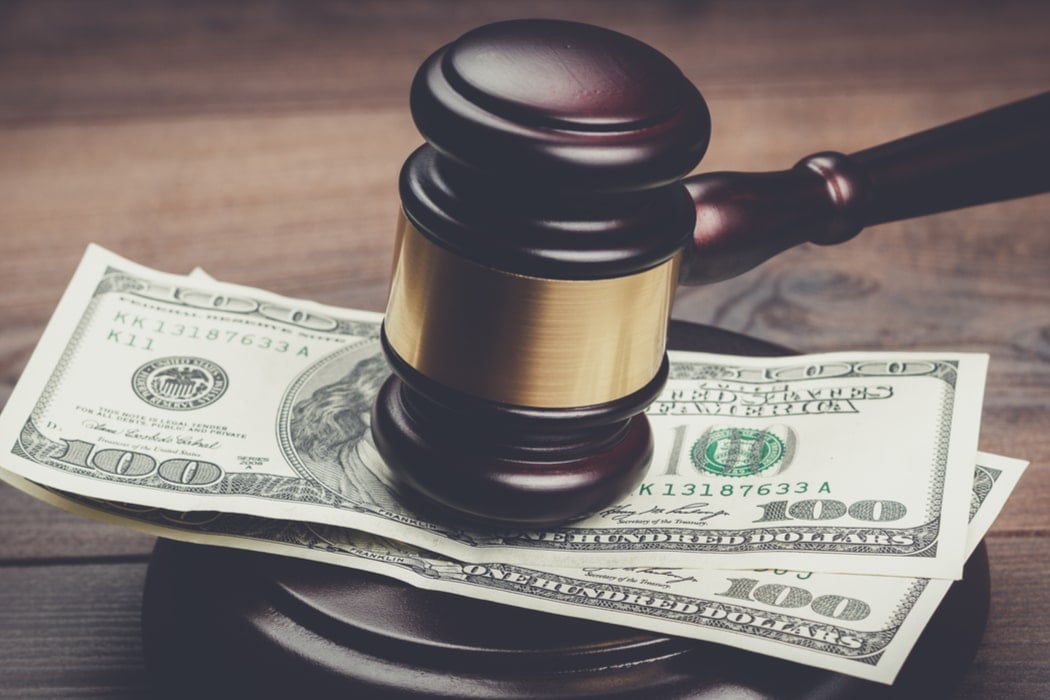
Accidents do happen even when we take all precautions to try to prevent them. When injuries do occur, the main purpose of filing a personal injury case is to prove negligence of the defendant(s). This system works toward ensuring that the injured victim receives compensation for his or her injuries and losses under compensatory damages.
However, sometimes punitive damages might also come into play in some personal injury cases. You can seek punitive damages, but ultimately, it comes down to the judge’s discretion as to whether or not to award such damages.
Compensatory Damages Are the Norm in Personal Injury Cases
Personal injury attorneys will typically seek to recover compensatory damages for their injured clients. These should cover compensation for injuries sustained and any losses. The nature of compensatory damages is to restore the plaintiff to the financial state they were at before the accident occurred. There are two types of compensatory damages: tangible losses and intangible losses.
Tangible Losses
Tangible losses also go by the name of economic compensatory damages. These refer to losses where the victim’s injuries have cost him or her money. Tangible damages could include:
- Medical treatment
- Loss of wages
- Loss of property
- Legal fees related to personal injury case
Intangible Losses
On the other hand, intangible losses relate to losses where monetary value is difficult to calculate. Some also refer to intangible losses with the term non-economic compensatory damages. These losses could include:
- Emotional distress, including fear, anxiety, or loss of enjoyment of lifestyle
- Pain and suffering, including impaired abilities or physical disfigurement
What Are Punitive Damages?
In some cases of clear negligence, punitive damages may be awarded to the injured party. While rare, these damages aim to be a punishment for the defendant if he or she has displayed behaviors that are criminal, reckless, willful, or malicious. In a nutshell, you and your attorney would need to prove that the defendant demonstrated a willful disregard for the well-being and safety of others. These damages are available in a limited number of cases.
For example, if you or a loved one where seriously injured in an accident caused by a drunk driver, the judge or jury may award you punitive damages. Another well-known case where punitive damages resulted was the infamous Ford Pinto lawsuit where Ford knew that their Pintos had a serious defect with their gas tanks that caused them to explode in a rear-end collision.
Nevada Law Regarding Punitive Damages
In Nevada, punitive damages are decided according to NRS 42.005 in personal injury cases. These damages usually don’t exceed $300,000 if the compensatory damages awarded are less than $100,000. However, if the amount of compensatory damages awarded are $100,000 or more, the amount of punitive damages would be three times that amount.
Nevada’s Top Attorneys for Personal Injury Cases
If you or a loved one suffers injury because of someone else’s negligence, you have a right to compensation for your injuries, losses, and in some cases, punitive damages might result. You need only the hardest working Nevada attorneys to fight for your rights. Lerner and Rowe Injury Attorneys bring experience, skill, and passion to the personal injury cases we undertake. If you suffer injury, do not delay, we are available 24/7 to take your call at (844) 977-1900. Or you can use our LiveChat feature to schedule your free consultation. Best of all, there is no fee unless we win your case. So don’t wait any longer. Reach out to us today.



